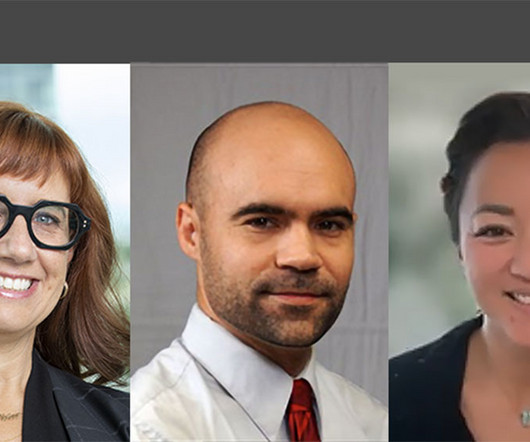The Role of Lifestyle Medicine in Reversing Early Chronic Disease
Edge Family Medicine
JANUARY 9, 2025
It leverages therapeutic lifestyle changes to improve health outcomes. Unlike traditional medicine that often focuses on medications, lifestyle medicine emphasizes preventive and curative strategies tailored to the individual. Research shows it can reduce inflammation and improve heart health.












Let's personalize your content